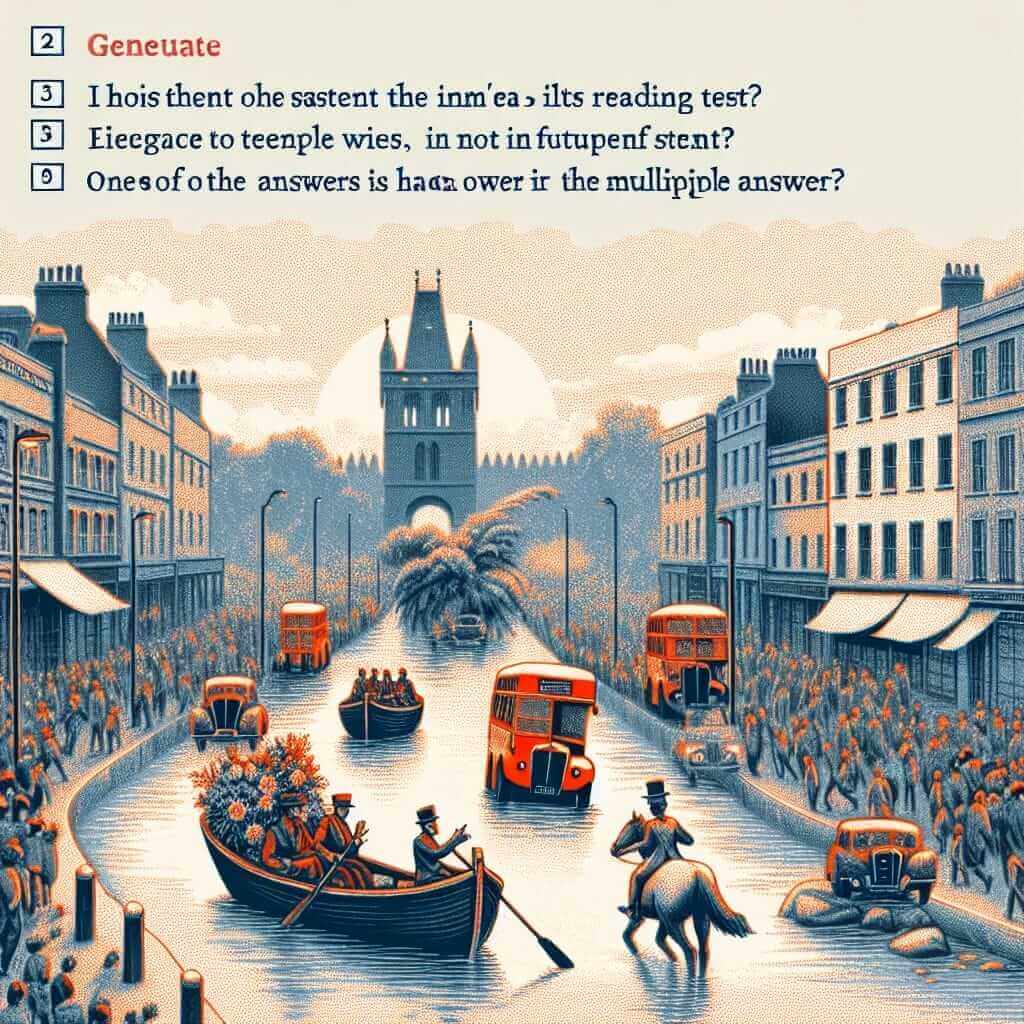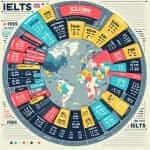The IELTS Reading test is a challenge against the clock. With only 60 minutes to answer 40 questions based on three long passages, efficient time management is crucial for success. This guide will provide you with proven strategies to optimize your reading time and maximize your score.
Understanding the Importance of Time Management in IELTS Reading
Many candidates find the IELTS Reading section particularly demanding due to the time pressure. Here’s why mastering time management is essential:
- Completing all Questions: Running out of time means potentially missing out on easy marks from unanswered questions.
- Maintaining Accuracy: Rushing can lead to misreading questions and making careless mistakes.
- Reducing Stress: A controlled pace reduces anxiety and allows you to perform at your best.
Effective Time Management Strategies for IELTS Reading
Here’s how you can effectively manage your time:
1. Know Your Strengths and Weaknesses
- Identify your preferred reading style: Are you a skimmer, a scanner, or a detailed reader? Tailor your approach accordingly.
- Recognize challenging question types: Allocate more time to question types that you find difficult, such as True/False/Not Given or Matching Headings.
2. Practice Active Reading Techniques
- Skimming: Quickly glance through the passage to grasp the main idea and overall structure.
- Scanning: Focus on keywords in the questions and locate specific information within the text.
- Underlining and Annotating: Highlight key information and make brief notes to aid comprehension and recall.
3. Develop a Strategic Approach
- Don’t get bogged down on unfamiliar vocabulary: Focus on understanding the general meaning of the passage and individual sentences.
- Allocate time per passage: Aim to spend approximately 20 minutes on each passage.
- Don’t overthink answers: If you’re unsure, make an educated guess and move on. You can always return to it later if time permits.
4. Utilize Practice Tests Effectively
- Simulate exam conditions: Time yourself during practice tests to get accustomed to the time pressure.
- Analyze your performance: Identify your strengths and weaknesses in terms of timing and accuracy.
- Adjust your strategies: Based on your analysis, refine your time management techniques.
Illustrative Example from IELTS Reading
Let’s analyze a sample question to understand these techniques in action:
Passage excerpt:
“The Industrial Revolution marked a turning point in human history. It was characterized by the transition from hand production methods to machines, new chemical manufacturing processes, iron production processes, and the increasing use of steam power.”
Question:
What was a key feature of the Industrial Revolution?
A. The use of manual labor
B. The decline of steam power
C. The shift towards machine-based production
D. The decrease in chemical manufacturing
Applying the Strategies:
- Skimming: Quickly reading the passage, we understand the Industrial Revolution involved changes in production methods and power sources.
- Scanning: The question asks for a “key feature,” so we scan for important changes mentioned in the passage.
- Identifying Keywords: Words like “transition,” “machines,” and “steam power” stand out.
- Eliminating Options: Options A and B contradict the passage’s information. Option D is not supported by the text.
- Choosing the Correct Answer: Option C aligns perfectly with the passage’s description of the Industrial Revolution’s shift towards machine-based production.
 ielts reading example
ielts reading example
Essential Tips for Success
- Practice regularly: Familiarize yourself with the test format and improve your reading speed.
- Build your vocabulary: A strong vocabulary will aid comprehension and save time on deciphering unfamiliar words.
- Stay calm and focused: Anxiety can hinder performance. Take deep breaths and approach the test with a clear mind.
Conclusion
Mastering time management in the IELTS Reading test is achievable with dedicated practice and effective strategies. By understanding your reading style, practicing active reading techniques, and strategically approaching the test, you can enhance your comprehension, accuracy, and ultimately, your overall score. Remember, consistent effort and a calm demeanor will be your greatest allies on test day.


